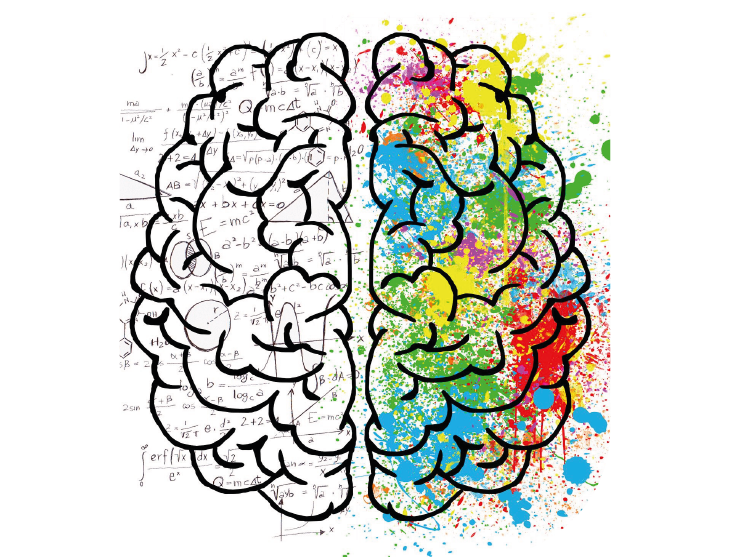
- March 1, 2020
- 04:04
The Mind & Brain Relationship
The mind is a product of our experiences. It’s not necessarily what happened but how we perceived the event that took place. The mind tends to form conclusions based on the information focused. A simplistic mind tends to think in a one dimensional manner, with it’s ultimate focus centering about it being “correct”. “Polarized” thinking or “ultimatums” is how a simplistic untrained mind tends to box complex information in an attempt to make since of the world. When we use the word “simplistic mind” we’re talking about a mind that is in constant flux and lacks consciousness. The more conscious we are the more capable our mind becomes because we tend to focus on the moment which is the only thing that is certain.

The Brain on the other hand is a complex organ that serves many functions. The brain is the physical substance, and the mind is not the conscious product of those firing neurons; increase evidence is showing us that the mind isn’t necessarily confided to the brain. The brain can be viewed as a sum of all it’s neurological connections, but the mind extends well beyond and neurological wiring. It links us to the external world while also creating a sense of who were. Next time you ask yourself; “Who am I? or “what do I want in life”, acknowledge that this is your mind attempting to make sense of the world.
More to explorer

The Clinical Issue

Individual Development



